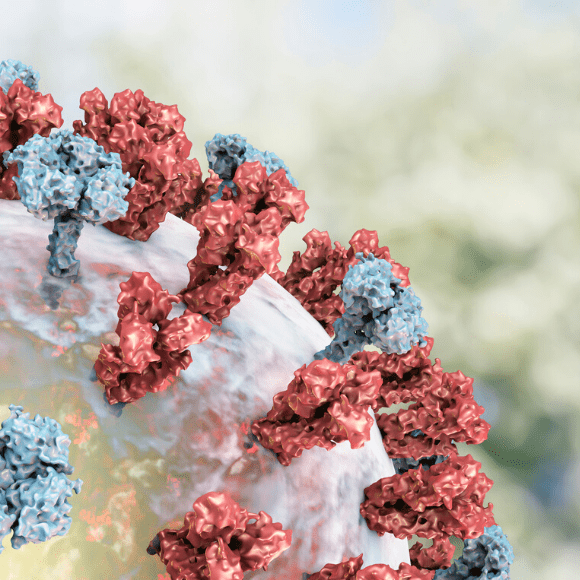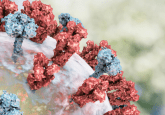Protein nanowires that can learn as fast as the human brain

Researchers have developed protein nanowires that operate at a similar voltage to the action potentials of the human brain.
Neuromorphic engineering – mimicking the neurological functions of the human brain with artificial intelligence technology – is a new and largely unexplored area of medicine over the last few decades. Now, a team of researchers from the University of Massachusetts Amherst (MA, USA) have used nanotechnology to create protein nanowires that allow greater, more efficient electrical conductivity for biomedical applications.
Visit our sister site The Nanomed zone to find out more
 Using computer models to outsmart spike proteins in SARS-CoV-2
Using computer models to outsmart spike proteins in SARS-CoV-2
Researchers from the University of Illinois (Chicago, IL, USA) have developed a computer model to test whether their peptide inhibitor treatment would be effective at blocking the spike protein found on SARS-CoV-2.


